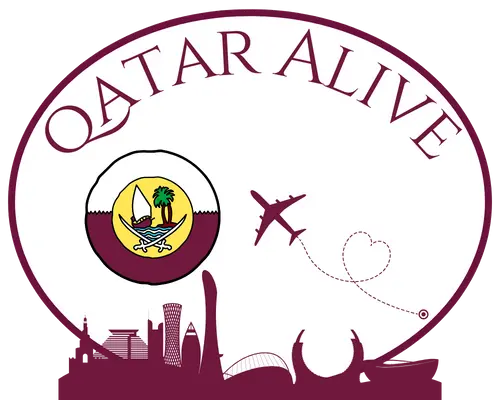How to Learn Arabic in Qatar with Takalam mobile app & institutes
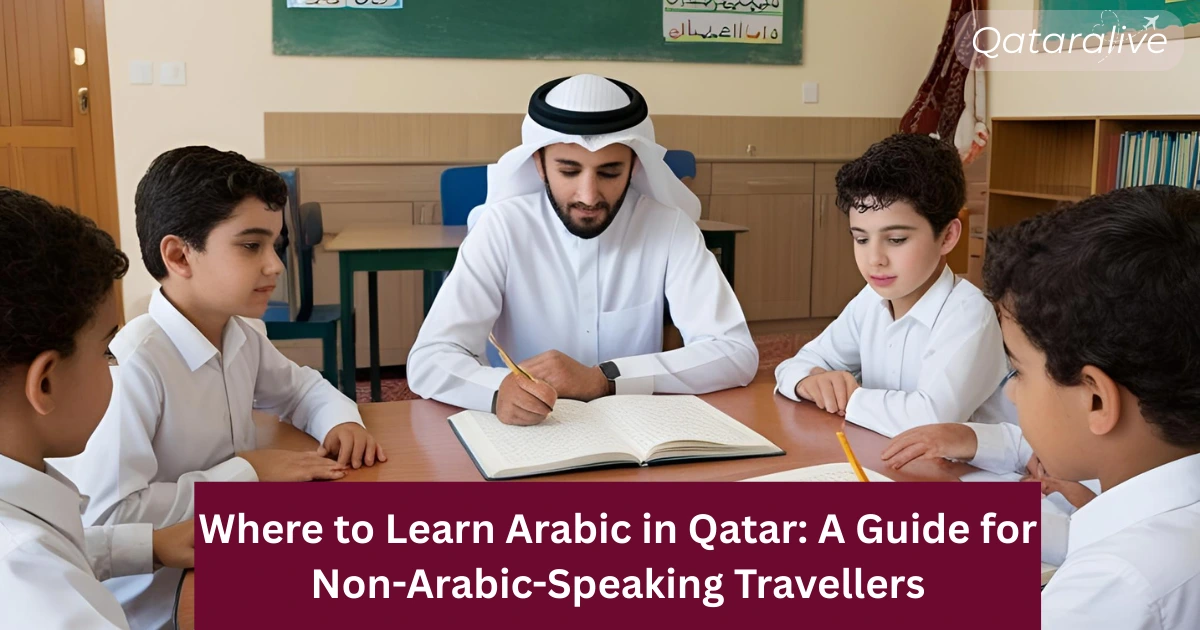
As Qatar continues to establish itself as a global destination for business, tourism, and education, an increasing number of international visitors and expatriates are seeking opportunities to learn Arabic in Qatar. While English is widely spoken in Doha and other urban centres, acquiring basic proficiency in Arabic significantly increases cross-cultural communication and deepens one’s understanding of local customs and traditions.
This comprehensive guide outlines various institutions and platforms where non-Arabs can learn Arabic in Qatar. Whether you are a short-term visitor, a digital nomad, or a long-term expatriate, Qatar offers a range of Arabic language programs tailored to your goals and schedule.
Why Learn Arabic in Qatar?
Learning Arabic while in Qatar provides both practical and cultural advantages. Daily, Arabic proficiency can assist with navigation, transactions, and social interactions, particularly in more traditional or residential areas where English may be less prevalent. Moreover, understanding Arabic fosters a greater appreciation of Qatari heritage, literature, religion, and media.
While the majority of formal programs focus on Modern Standard Arabic (MSA), many also incorporate exposure to the local Gulf dialect spoken in Qatar and neighbouring countries. This combination prepares learners to learn arabic in Qatar in both formal and colloquial contexts.

Types of Arabic Taught in Qatar
Arabic is a Semitic language with multiple dialects spoken across the Arab world. In Qatar, the local dialect falls under the umbrella of Gulf Arabic. However, most language courses prioritise Modern Standard Arabic (MSA), which is used in education, media, literature, and official communication across the Arab-speaking world.
MSA is a strong foundation for learners, particularly those who wish to learn Arabic in Qatar or use it professionally. Once basic fluency in MSA is achieved, students can explore regional dialects, such as Gulf Arabic, through conversation and immersive experiences.
Learning Arabic helps to drive safely, as some Qatar traffic signs are in Arabic.
Recommended Institutions to learn arabic in Qatar:
1. Qatar University – Arabic for Non-Native Speakers (ANNS) Program
Location: Doha
Qatar University offers one of the most respected Arabic language programs in the region through its Arabic for Non-Native Speakers Centre. The program is academically rigorous and suitable for long-term residents or students seeking a structured curriculum that includes grammar, conversation, reading, and cultural context.
Features:
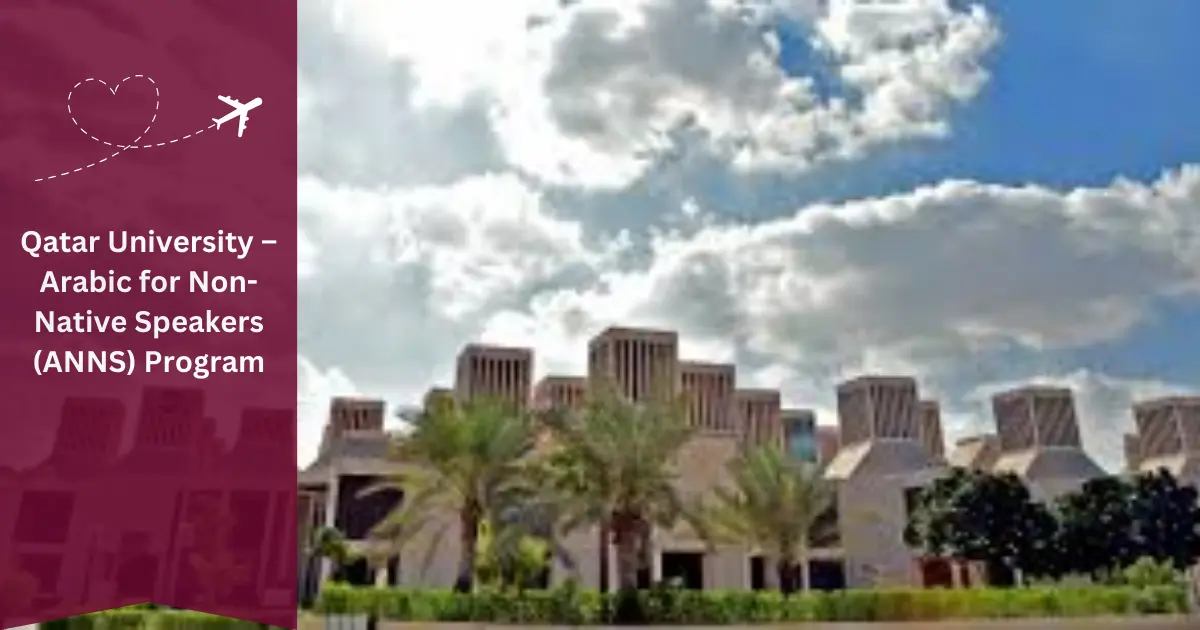
2. Doha Institute for Graduate Studies – Centre for Arabic Language Teaching
Location: Doha
The Doha Institute’s Arabic Language Centre offers specialized programs for non-native speakers to learn arabic in Qatar. These courses are designed to provide immersive instruction in Modern Standard Arabic, with some integration of Gulf dialectal expressions. Cultural activities are often included to improve language learning in real-life contexts.
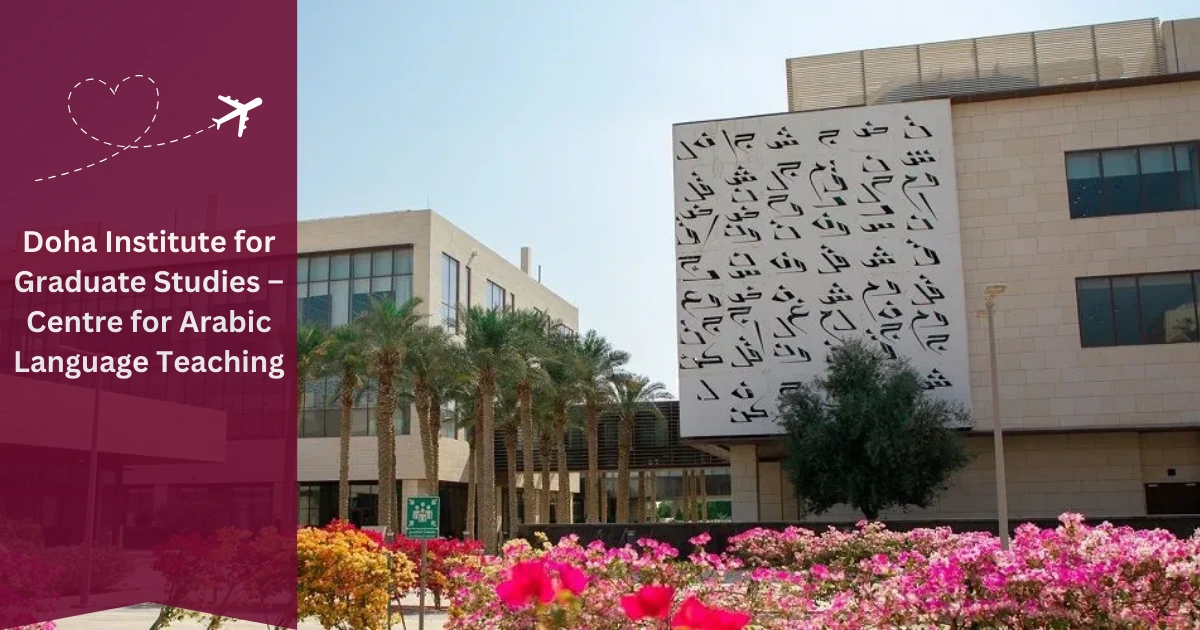
Features:
3. Language One Centre
Location: West Bay, Doha
Language One Centre provides flexible and personalized Arabic language instruction for expatriates, professionals, and travelers. It offers both group and private lessons tailored to various skill levels, from complete beginners to intermediate learners. The centre emphasizes conversational fluency and real-world vocabulary application.
Features:
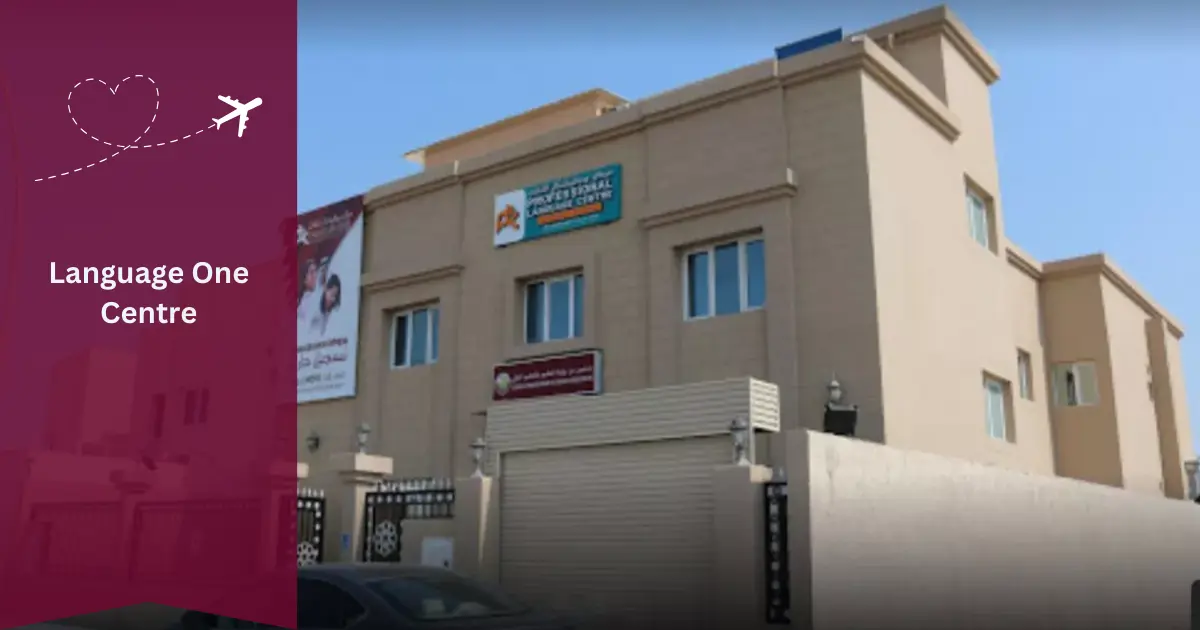
4.Translation and Interpreting Institute (TII) – Hamad Bin Khalifa University
Location: Education City, Doha
The TII Language Centre at Hamad Bin Khalifa University offers Arabic language courses focusing on communication skills for practical use. Courses are available to the public and structured according to the Common European Framework of Reference for Languages (CEFR).
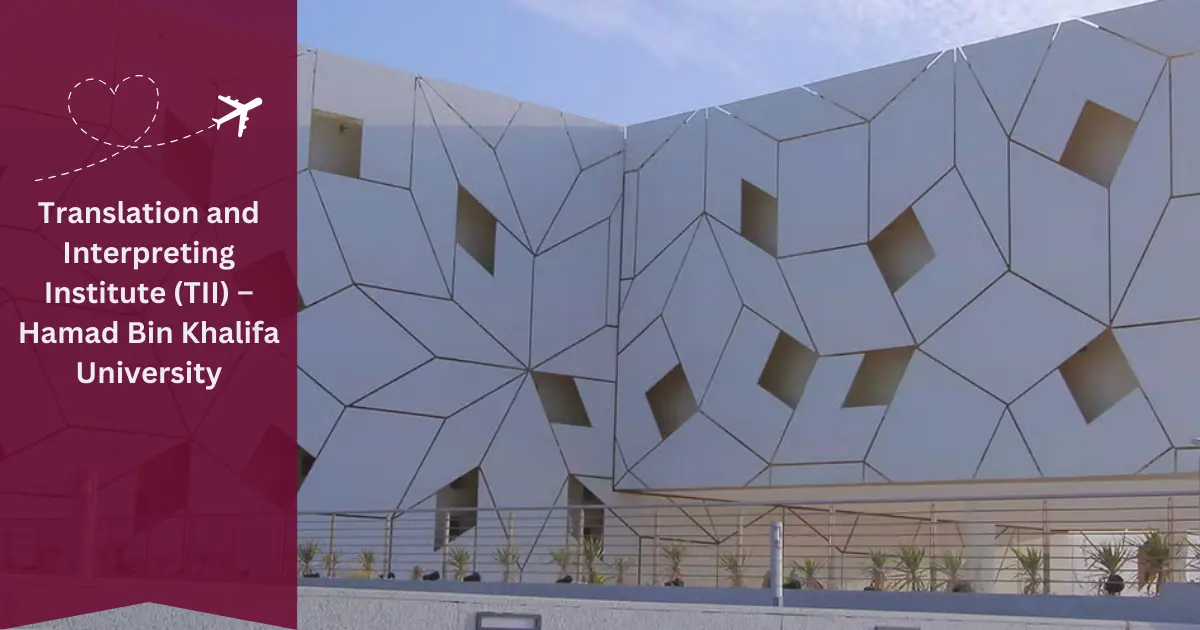
Features:
5. Al-Muhaidib Language Centre
Location: Al Sadd, Doha
Al-Muhaidib Language Centre is a popular choice among expatriates and travelers seeking cost-effective and beginner-friendly Arabic courses. The centre offers small group sessions and a relaxed learning environment, ideal for individuals who are new to Arabic and prefer a conversational approach.
Features:
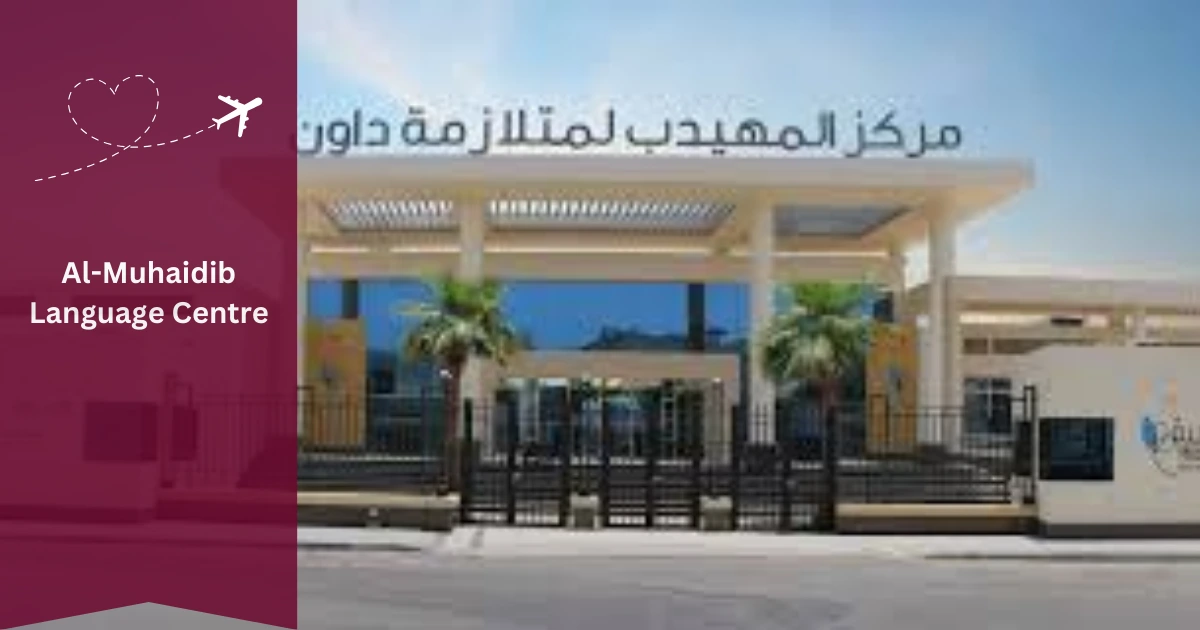
6. Berlitz Qatar
Location: E Ring Road, Mesaimeer
Berlitz is well-known for its structured language programs, and they offer Arabic-speaking classes specifically designed for adults. You can choose between online or in-person classes, with flexible timings to suit your schedule. Their courses take you step by step through the levels, ensuring you build confidence in speaking Arabic.
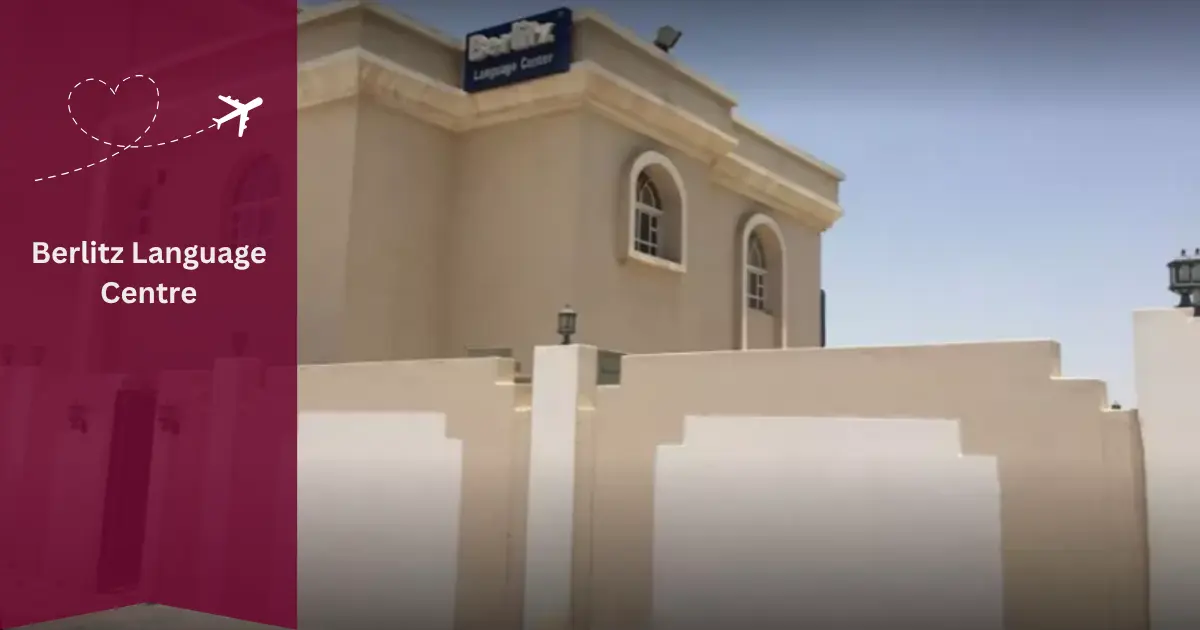
Features:
7. Excellence Training Centre
Location: Villa 22, 44 Bilal bin Rabah Street, opposite Ahli Sports Club Gate 1
This centre focuses on spoken Arabic for beginners and intermediate learners aged 15 and above. Classes are offered in-person or via Zoom, with each batch running over a three-month period. The course is ideal for those wanting to improve day-to-day conversation skills, and a ministry-attested certificate is awarded at the end. Special discounts are also available for a limited time.
Features:
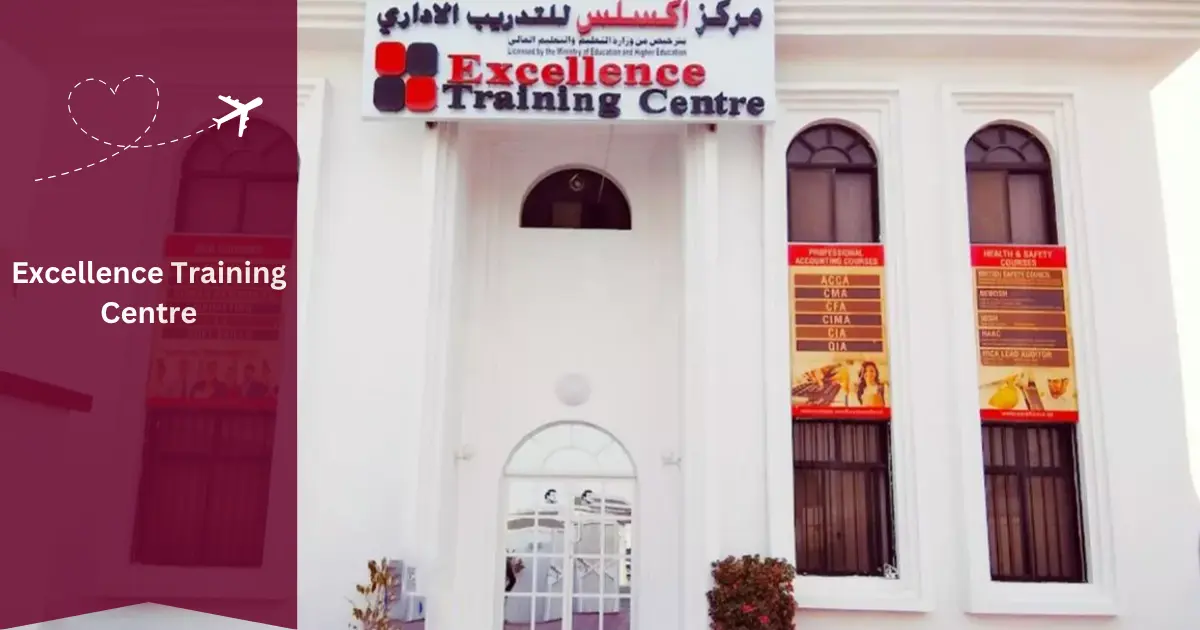
8. Educate Learning Centre
Location: Unit 131, Nobili Palazzo1, Qanat Quartier, The Pearl Island
Educate offers Arabic lessons for both adults and children, with options for private and group settings. Their course is divided into four progressive levels, and students receive a certificate after completing each one. Lessons are interactive and focus on real-life conversation. Kids can also enroll in personalized private sessions to learn basic Arabic.
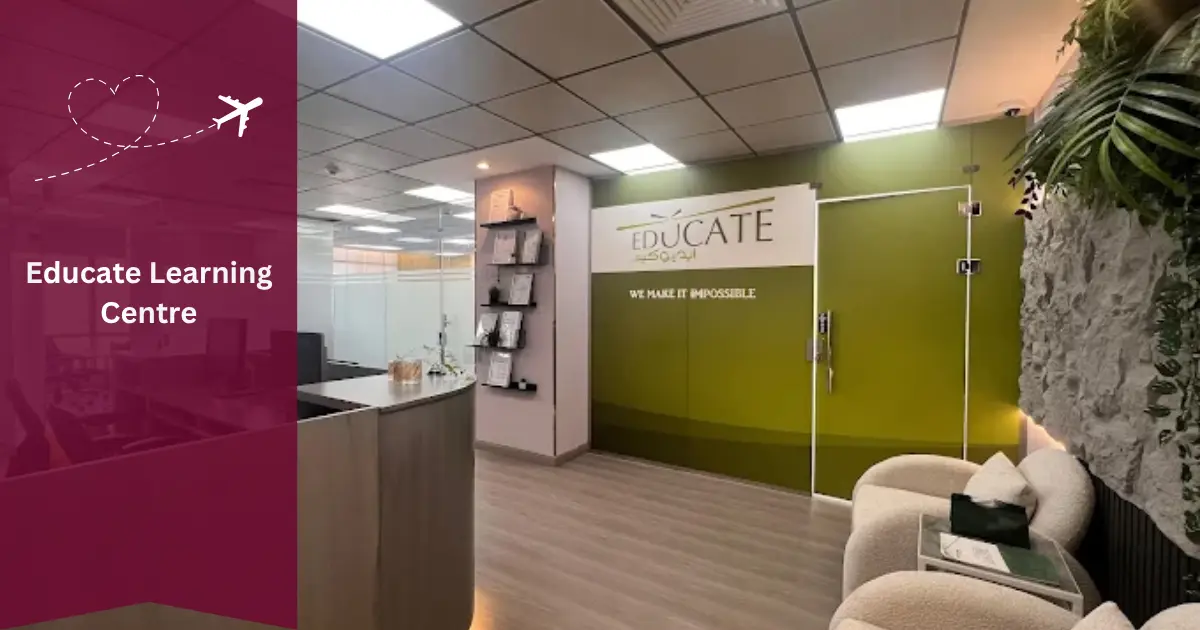
Features:
Online Arabic Learning Option in Doha
For travelers with limited availability or those who prefer virtual learning, several online platforms offer Arabic instruction tailored to various levels and learning styles.
Preply – Online Arabic courses with Private Tutors
Preply is an international online tutoring platform that allows learners to book live Arabic lessons with native-speaking instructors from across the Arab world. It is especially beneficial for travelers who wish to begin learning Arabic before arriving in Qatar or continue their studies after departure.
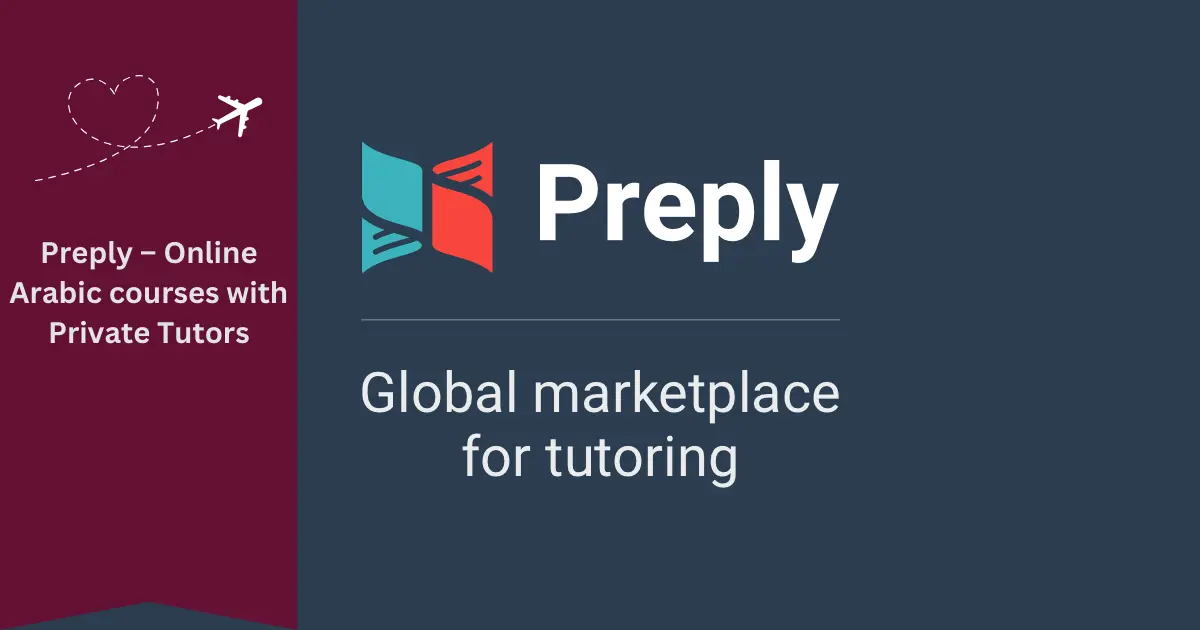
Features:
Other Notable Online Resources:
Language Exchange program to learn arabic in Qatar
For those interested in informal language practice, several communities and events in Qatar support language exchange initiatives. These provide opportunities to practice conversational Arabic with native speakers while also helping locals improve their English or other languages.
Platforms and venues to explore:
For Indian Nationals here is the complete list of top Indian Schools in Qatar.
Learn Arabic for Free in Qatar Through the Awqaf Ministry
The Ministry of Awqaf and Islamic Affairs in Qatar is offering free Arabic language courses for anyone who wants to learn the language. These courses are available online and can be accessed through the ministry’s official platform and the Takalam mobile app.
This initiative aims to help people understand Arabic for daily communication, cultural knowledge, and Islamic learning, without any cost.
Who Can Enroll
There are no age restrictions, and the program is open to everyone.
What the Course Includes
How to Register for Free Arabic Classes
Offline Learning Options
Along with online courses, the ministry also offers free in-person Arabic classes for non-Arabic speakers in Qatar. These include regular and intensive programs, and updates are shared through official ministry channels.
Why This Program Is Useful
This free Arabic learning initiative helps people connect better with Qatar’s culture and language. It removes cost barriers and allows learners to study anytime and anywhere.
Awqaf’s 62nd Quran competition registrations are open. You can register too.
Understanding the Structure of the Arabic Language
Arabic is a root-based language, meaning that most words are derived from a set of three consonants, known as triliteral roots. This linguistic feature enables learners to connect related words and expand their vocabulary efficiently. For instance, the root K-T-B relates to writing and appears in words such as:

Additionally, the Arabic alphabet consists of 28 letters and is written from right to left. Although the script may appear complex at first, many students find that reading becomes intuitive with practice, especially when supported by phonetic instruction and multimedia resources.
Modern Standard Arabic vs. Gulf Arabic
While Modern Standard Arabic (MSA) is the standardized form used in formal and written contexts, regional dialects like Gulf Arabic are used in everyday conversation. Most language programs begin with MSA due to its widespread applicability and consistent grammatical structure. However, learners who are specifically interested in communicating with locals in Qatar may want to supplement their studies with exposure to Gulf Arabic through local tutors or immersion programs.
Conclusion
The ideal method to learn Arabic in Qatar will depend on each traveler’s goals, length of stay, and preferred learning style. Whether pursued through formal instruction or informal engagement, acquiring Arabic language skills while in Qatar is both a practical and enriching endeavour.
So if you are planning to learn Arabic in Qatar? Share your language purpose or experiences—we would love to hear your journey.
